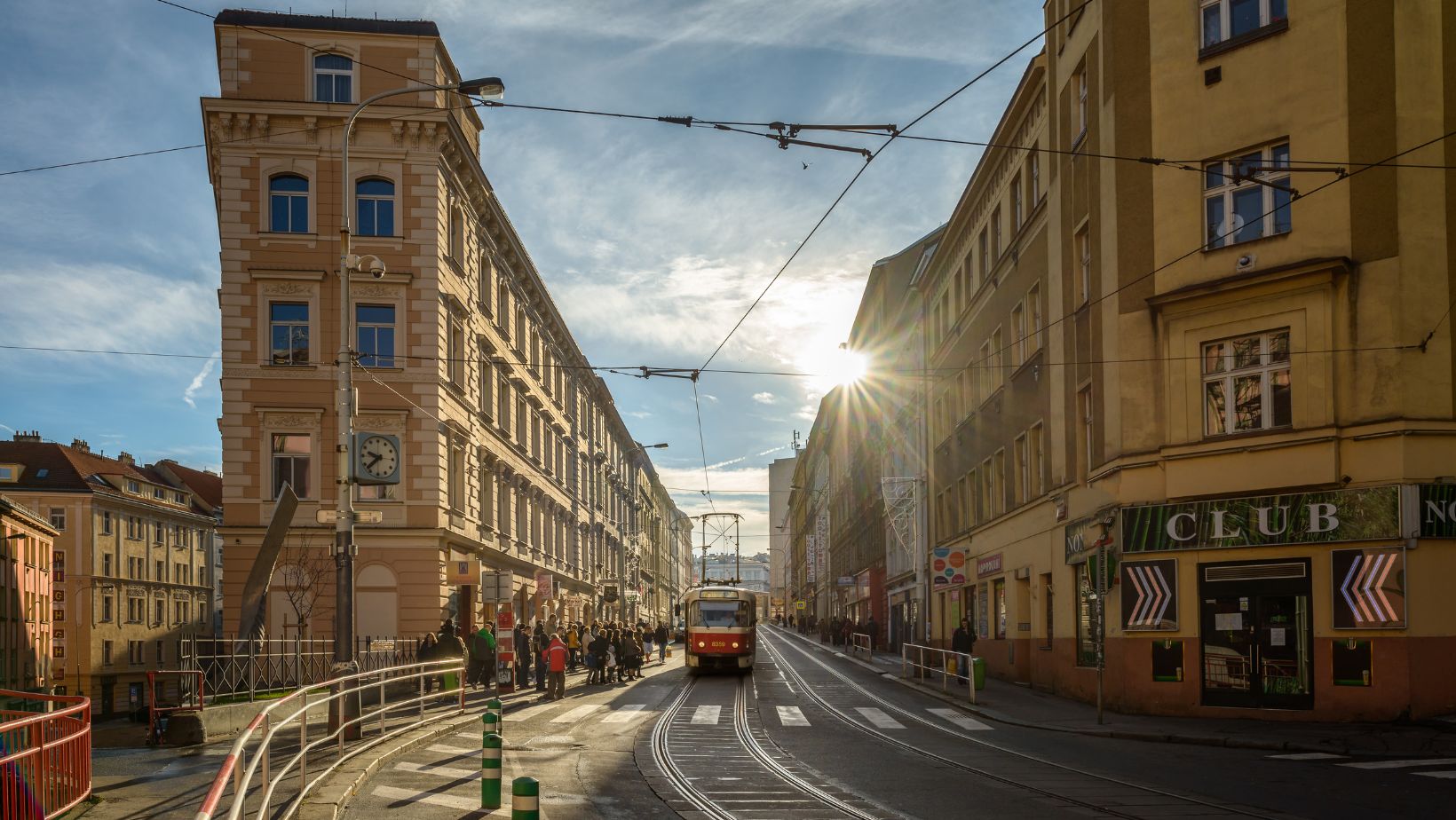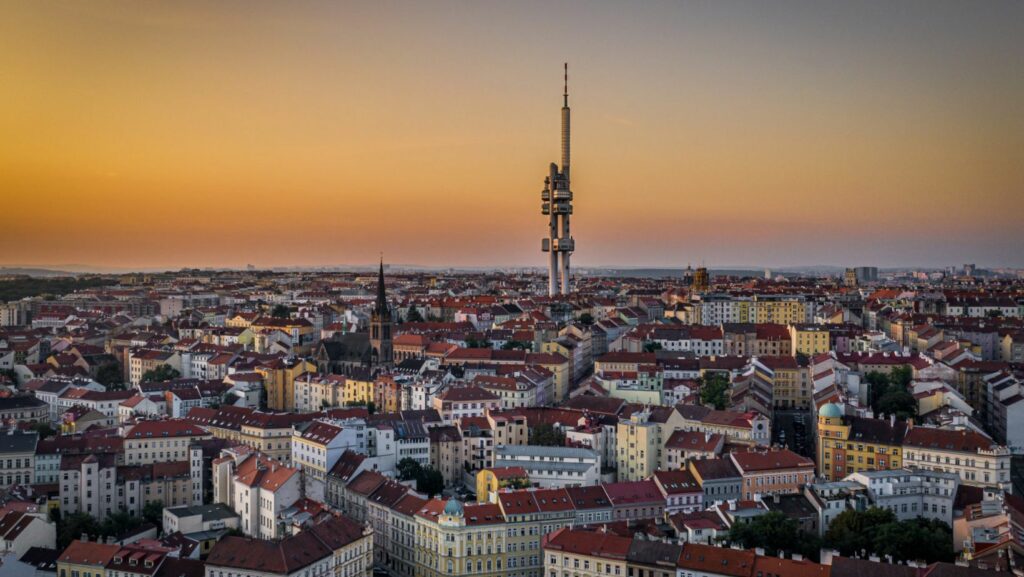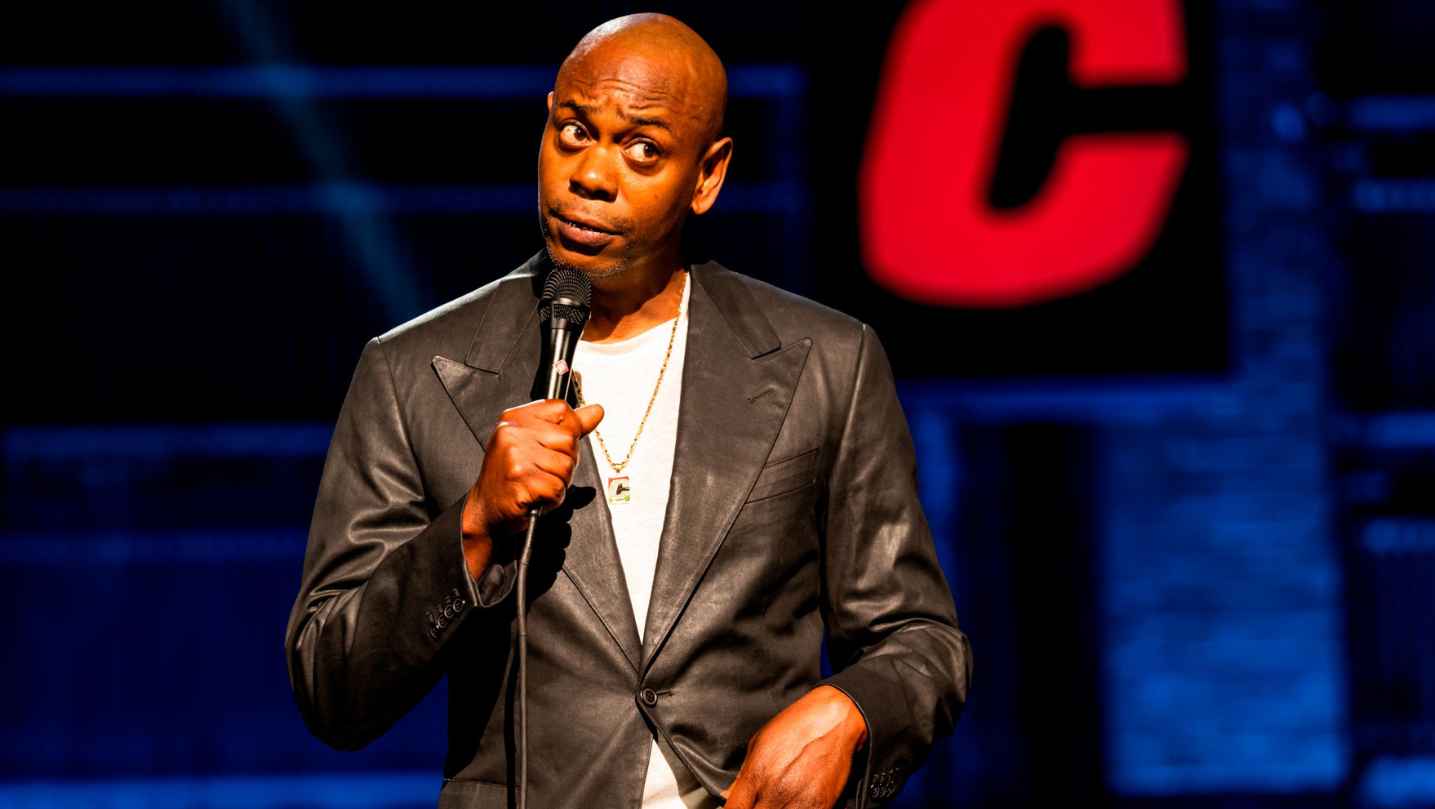The Historic Renaming: On August 7, 1887, Královské Vinohrady Became Žižkov
Prague Morning

Today marks the 137th anniversary of a pivotal moment in the history of Prague, as the district of Královské Vinohrady was officially renamed Žižkov.
A District Reimagined
Nestled in the heart of Prague, Královské Vinohrady, or “Royal Vineyards,” had long been associated with the affluent and the elite. Its elegant avenues, picturesque gardens, and grand architecture lent an air of aristocracy to the area, attracting a discerning populace. However, beneath the veneer of opulence, there simmered an undercurrent of dissent.
With the onset of industrialization and urbanization, social inequality had become increasingly apparent. The working class, who toiled tirelessly to fuel the city’s growth, were relegated to cramped quarters and endured harsh living conditions. This stark contrast in living standards created a palpable divide within the district, with discontent gradually reaching its boiling point.
Jan Žižka: A Symbol of Defiance
To understand the significance of the renaming, one must delve into the rich tapestry of Czech history and uncover the identity of the man behind the new name – Jan Žižka. A medieval military leader and a prominent figure during the Hussite Wars in the 15th century, Žižka is revered as a national hero in Czech lore.
His unwavering commitment to the ideals of freedom, justice, and resistance against foreign oppression resonated deeply with the people of Královské Vinohrady. By adopting Žižka’s name, the district paid homage to this legendary commander and sought to embody the values he represented.

A Wave of Change
The renaming of Královské Vinohrady to Žižkov on August 7, 1877, marked a turning point in the district’s history. The decision came amidst a backdrop of growing national sentiment and the Czech National Revival, a cultural and political movement aimed at revitalizing Czech language, culture, and identity.
The act of renaming itself was symbolic of the people’s yearning for autonomy and self-expression, mirroring the spirit of Žižka and his quest for independence centuries earlier. It was an assertion of pride in their heritage and a proclamation of solidarity, weaving a sense of community among the residents.
Legacy and Impact
As the years passed, Žižkov continued to evolve, preserving its historical charm while embracing the contemporary. The district’s vibrant cultural scene, dotted with cafes, galleries, and theaters, drew in artists, writers, and intellectuals.
Its convivial atmosphere earned Žižkov the affectionate moniker of the “Free Republic of Žižkov,” a testament to its spirit of liberty and diversity.
Would you like us to write about your business? Find out more
-
NEWSLETTER
Subscribe for our daily news









